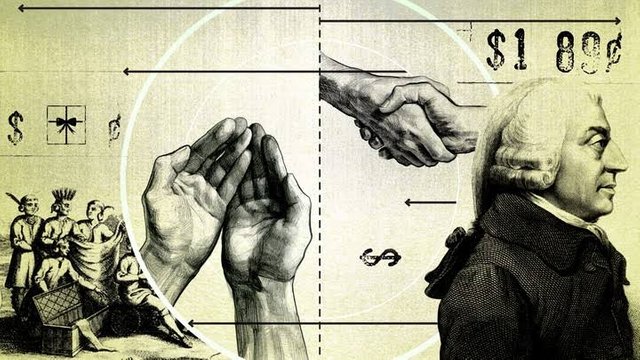Barter – Inability to Save Wealth
%20(18).jpeg)
Barter – Inability to Save Wealth- Goods used for exchange wear out or lose value A major disadvantage of barter is the difficulty of accumulating and preserving wealth, since most goods used in this type of exchange perish, wear out, or lose value over time.
Examples: Foods such as fish, fruits, or grains spoil over time.
Handicrafts or tools can be destroyed or broken.
Animals used in exchange grow old or become sick.
Consequences: It is difficult to save money for the future.
There is no way to invest or save safely. People are encouraged to use what they have immediately, which limits economic growth.
Comparison with Monetary Economy: Money, especially in its modern form, allows for savings and capital accumulation, serving as a store of value.
This was essential to allow investment, credit and economic development.
In barter, the impossibility of saving wealth limits economic progress, as the goods used in exchange do not retain their value over time.